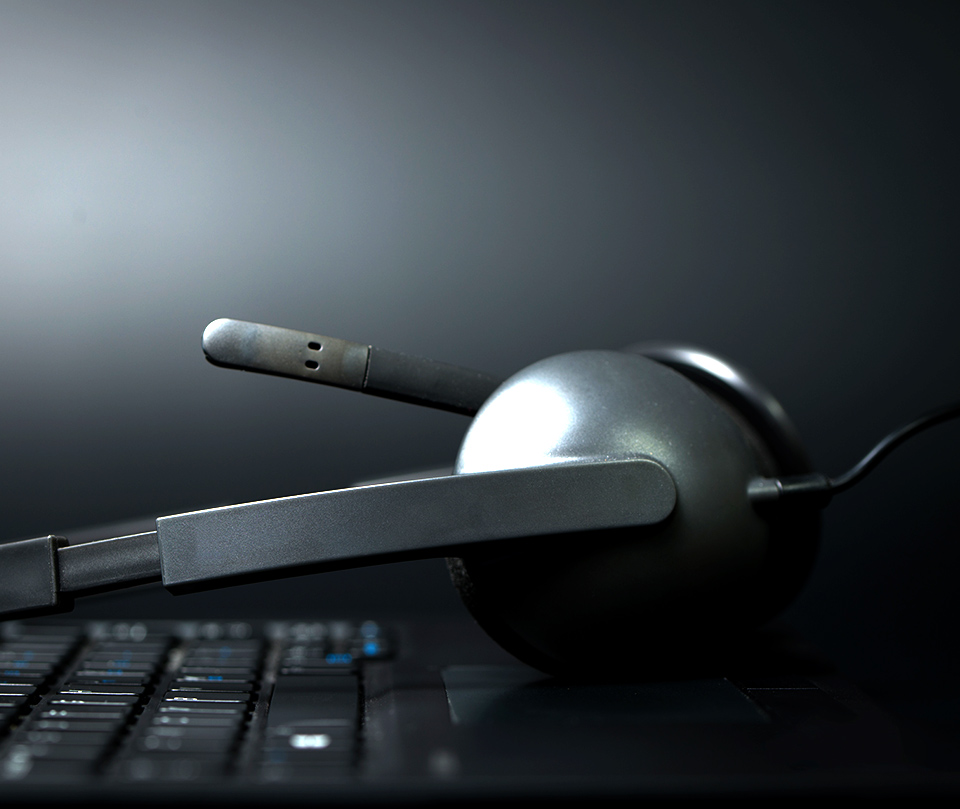911 Information

DNSnetworks Corp 9-1-1 Client Information
At DNSnetworks, 9-1-1 calls placed over VOIP Services may be handled differently than traditional wireless or wireline voice services. The following provisions describe the differences and limitations of 9-1-1 emergency calls. You acknowledge and understand the differences between traditional 9-1-1 service and SIP Services concerning 9-1-1 calls placed to emergency services from your location as described below.
Differences between traditional 9-1-1 service and VoIP phone 9-1-1 With conventional phone services, your 9-1-1 call is sent directly to the nearest emergency response center. When a customer places a 9-1-1 emergency call from a VOIP service, the SIP Services will route the 9-1-1 call through a third-party specialized call center that handles emergency calls. The emergency call center will verbally confirm the location the subscriber is calling from and then route the call to the nearest Public Safety Answering Point ("PSAP"). Suppose the location cannot be verbally confirmed. In that case, the 9-1-1 call-taker will then route the call to the Public Safety Answering Point ("PSAP") corresponding to the Registered Location on the Customer's account for that subscriber.
Because you can move your VoIP phone between locations and because, for technical reasons, the emergency operator may not have your name, location or contact information available, you must immediately inform the emergency operator of your location and contact particulars any time you call 9-1-1. This will help mitigate the risk of sending police or ambulance services to the wrong location.
For technical reasons, the functionality of 9-1-1 VOIP Services emergency calls may cease or be curtailed in various circumstances, including but not limited to: failure of service or the service access device — if the Customer's system access equipment fails or is not configured correctly, or if the Customer's VOIP Services are not functioning correctly for any reason, including power outages, service outage, suspension or disconnection of the Services due to billing issues, network or Internet congestion, or network or Internet outage in the event of a power, network or Internet outage; the Customer may need to reset or reconfigure system access equipment before being able to use the VOIP Services, including for 9-1-1 emergency calls. We recommend that you keep an alternative phone service (such as a cellular telephone) handy to increase the reliability of your access to emergency services during any service interruption.
The Customer subscriber must not disconnect the 9-1-1 emergency call until told to do so by the dispatcher, as the dispatcher may not have the subscriber's number or contact information. If the Customer subscriber is inadvertently disconnected, they must call back immediately. The Customer subscriber should also be prepared to provide a call-back number to the 9-1-1 operator.
The Customer is responsible for providing, maintaining, and updating the true, accurate, current and complete 9- 1-1 Emergency Address and other information to DNSnetworks. If you do not do this (for example, and cannot speak during a 9-1-1 call), the emergency operator may assume you are calling from the last registered address. To update your service address, please get in touch with [email protected].
DNSnetworks' terms of service limit and disclaim liability related to VoIP 9-1-1 service, so please read these carefully.
DNSnetworks will not be liable for any damages arising from or relating to interruptions or errors in routing or completing any 9-1-1 or other emergency response calls or any other calls or transmissions. At DNSnetworks, we do not have any control over whether, or the manner in which calls using our 9-1-1 dialling service are answered or addressed by any local emergency response center. We disclaim all responsibility for the conduct of local emergency response centers. We rely on third parties to assist us in routing 9-1-1 calls to local emergency response centers. We disclaim all liability or responsibility if such third-party location data used to route calls is incorrect or yields an erroneous result. DNSnetworks, its officers or its employees may not be held liable for any claim, damage, or loss. You hereby waive all such claims or causes of action arising from or relating to our 9-1-1 dialling service. You shall defend, indemnify, and hold harmless DNSnetworks, its officers, directors, employees, affiliates and agents and any other service provider who furnishes services to you in connection to the Service from any and all claims, losses, damages, fines, penalties, costs and expenses (including, without limitation, legal fees and expenses) by, or on behalf of, you or any third party relating to the absence, failure or outage of the Service, including 9-1-1 dialling, incorrectly routed 9-1-1 dialling calls, and/or the inability of any user of the Service to be able to use 9-1-1 dialling or access emergency service personnel. In the event DNSnetworks is found liable by a court of competent jurisdiction, liability will not exceed an amount equal to the price of Services purchased by you during the month preceding the event in question.
